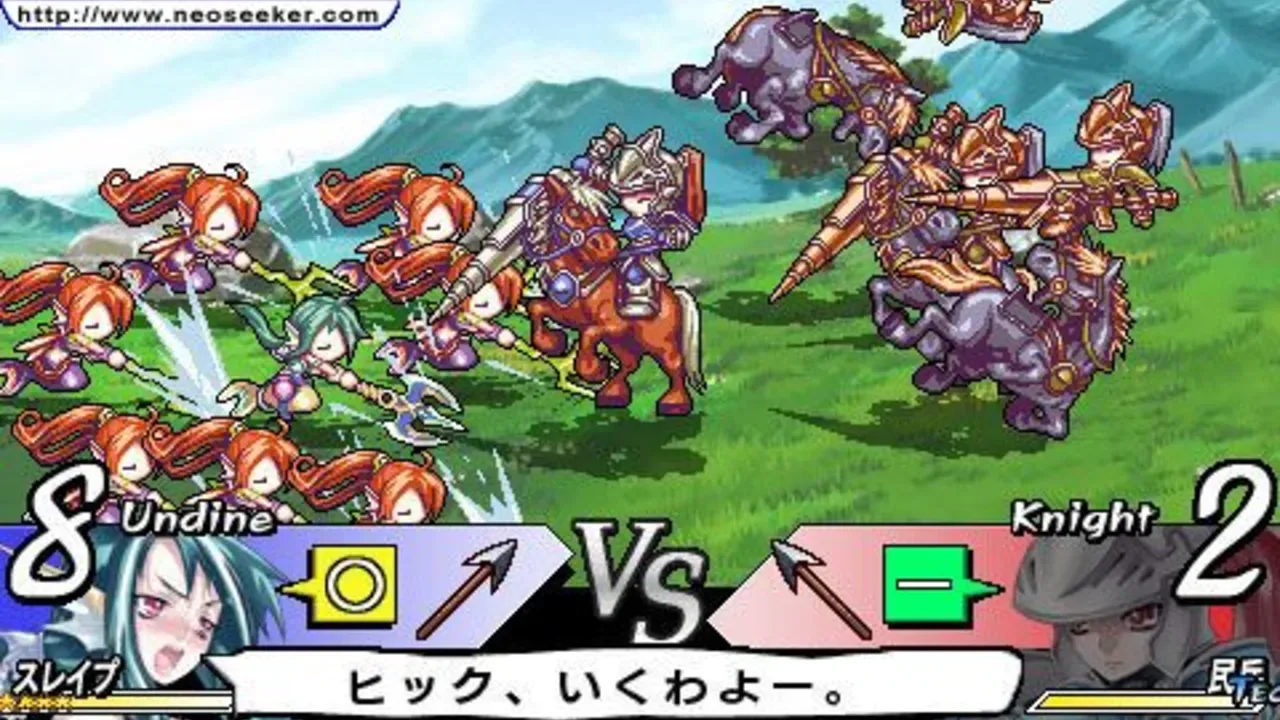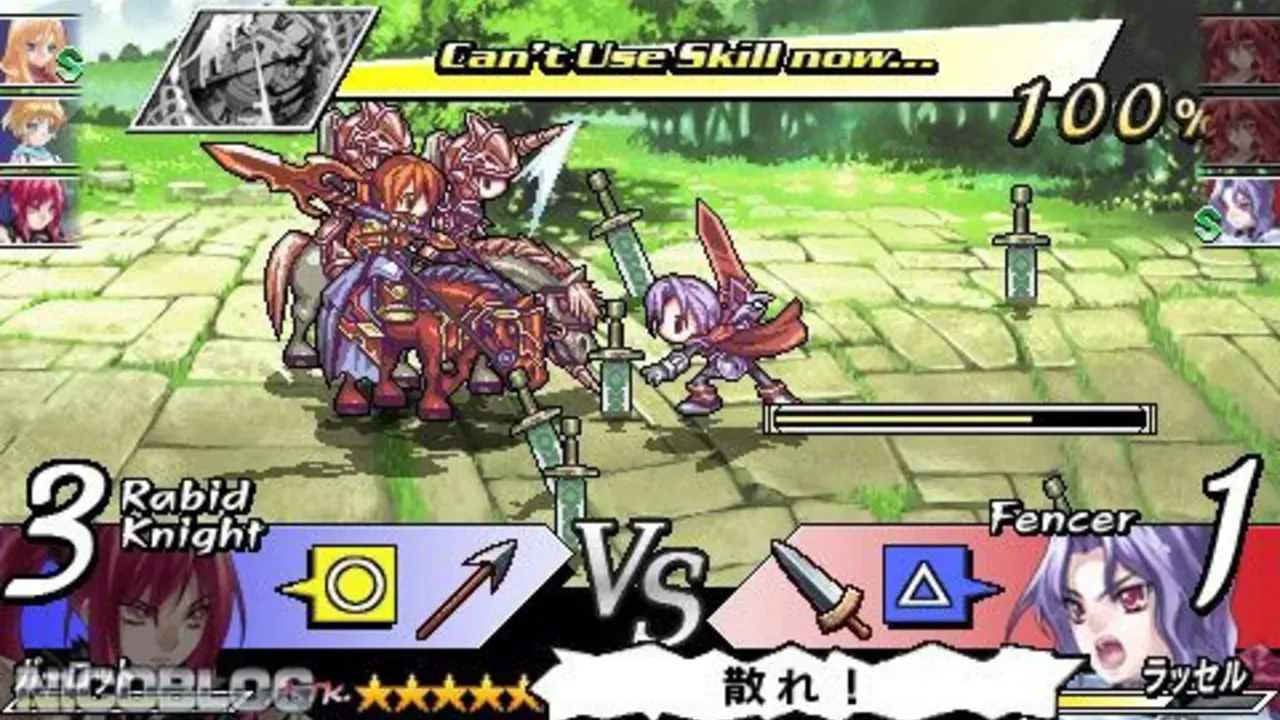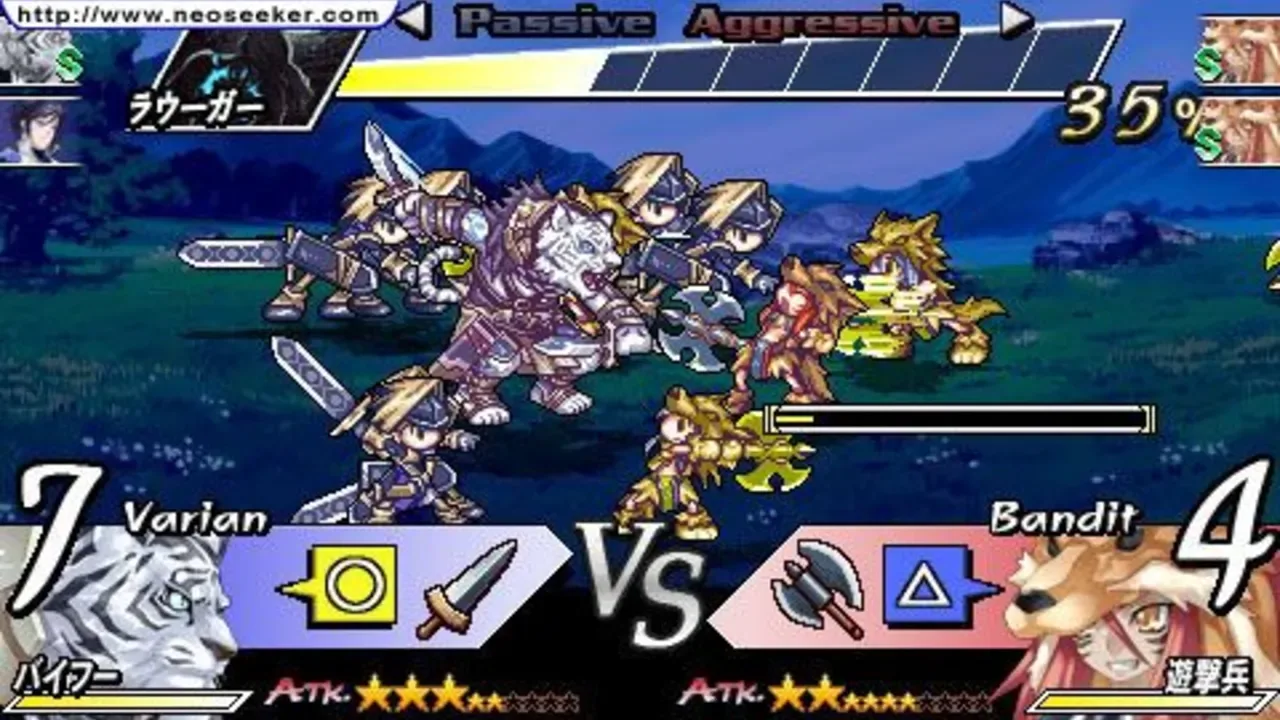Blaze Union: Story to Reach the Future
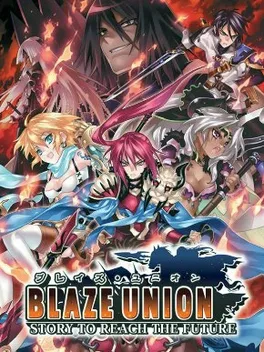
Buy
Part of collection:
Dept. Heaven
(last 3 games)
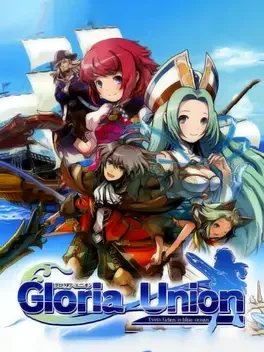
Thousands of years ago, a great kingdom called Euforia flourished making use of a power source known as "Will". Through the centuries, Euforia developed many customs based on the use of Will, but when one day they realized that their civilization would soon come to an end, they poured all their Will into crystals in order to leave a record of their culture behind. After this, Euforia sank to the bottom of the ocean. In the present day, with the ocean now taking up over half of the world, the seas became populated with many pirates. Those pirates, hearing the legend of the crystals, began to search the ocean for clues to their whereabouts. Among those pirates was one young boy dreaming of greatness.
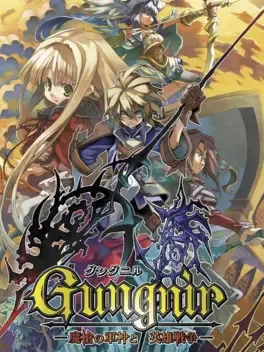
In a land ravaged by disparity where the impoverished must battle for survival, the fate of all is thrust into uncertainty when rebels happen upon custody of a young female noble and a magical spear of immeasurable power falls from the heavens. Now, hunted by incumbent powers desperate to reclaim the girl and armed with a weapon capable of reshaping the realm, the Resistance must wage war to deliver themselves from the tyranny of their oppressors. As original as its narrative, Gungnir's strategy RPG mechanics offer a number of fresh twists on an expertly honed formula. Building upon the traditional action queue of turn-based strategy RPGs, actions in Gungnir all have a numerical wait interval associated with them. Faster actions bear smaller numbers, allowing them to precede slower preexisting attacks. Should the player wish, they may sacrifice tactical points, which afford them more combat options, in order to accelerate actions. This classic balance of risk and reward, a staple of Sting titles, enriches the Gungnir's deep strategic battles and gives the player far more critical decisions to weigh.

Blaze Union serves as the prequel to Yggdra Union, and shares the same systems with a few minor changes to gameplay. The most notable change is the addition of a mission selection system during two points of the game, which leads up to separate story branches much like a visual novel.
Could be interesting
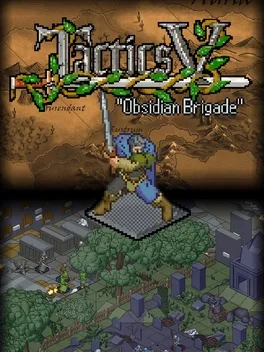
Tactics V: "Obsidian Brigade" is a retro-style tactical turn-based video game in homage to console tactical RPGs from the 1990s. Its set in an in-house fantasy setting with it's own lore and magic, It also uses techniques to convert to a 2D isometric look from 3D assets.
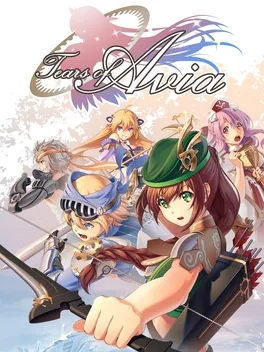
Tears of Avia is a turn-based tactical RPG. Play with up to 5 classes and hundreds of skills, finding the best synergy with your party and their skill loadout will mean the difference between success and failure. Run a balanced party or roll nothing but warriors, the choice is yours. With some skills being weapon bound rather than class bound, there are endless possibilities for you to experiment from.
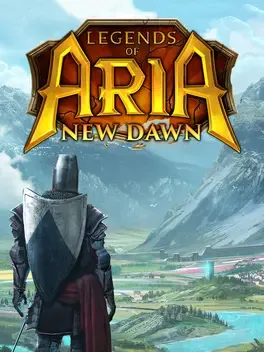
Discover a world forged by players, where your choices write the story. From seasoned Mage to ambitious Warrior, from adventurous Treasure Hunter to skilled Blacksmith, choose your path and experience Legends of Aria on your own terms.
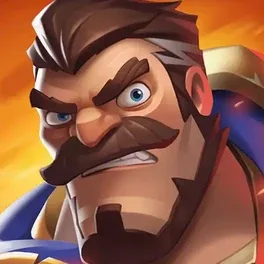
Heroes Legend is an epic action RPG card game taken place in an exotic magical land which has been thrown into chaos by terrifying monsters and powerful enemies. Collect and train idle heroes, summon teammates, control the battle with your fingertips and become the king of war. It's time to Clash!
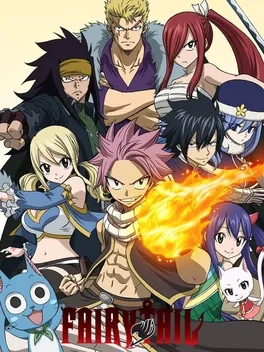
Fight through the world of Fairy Tail in this mobile MMORPG app by O4games. Not related to 'FAIRY TAIL: HERO'S JOURNEY'.
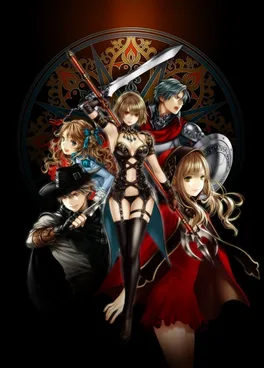
Red Stone is an online 2.5D Ultimate Transformation MMORPG! The story of Red Stone begins in the fantasy world of Prandel as players go on an adventurous quest to search for a mystical red stone that fell from the Celestial World.
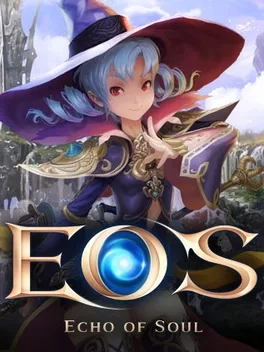
The Wrath of the Goddess expansion is now live! Journey to the mysterious continent of Kharath, where the malevolent sorceress, Naez, is plotting to summon an ancient evil into the mortal realm. The hope of the world lies with you, Soulkeeper...
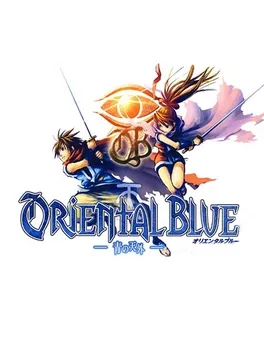
Oriental Blue is an RPG from the Far East of Eden series. It has a unique magic system and different pathways the story can take depending on in-game choices. The game continues the tradition of the series. You play as either Tenran or Aoi, a teenage boy and girl, respectively, on quest to defeat the ancient evil that threatens the prosperous land of Jipang, to prove themselves worthy of the legendary Fire Clan, warriors who have been protecting Jipang for many generations from evil demons and warlocks. The land Jipang is very similar to medieval Japan, and during your adventure you'll also visit Mongolia, China, and other Asian countries. The most important new feature of the game is a non-linear storyline. You can tackle many missions in any order you want, and the storyline also changes depending on the outcome of major battles. If you lose against a boss enemy, the game is not over, but instead, a branching storyline path is revealed. Otherwise, the gameplay is similar to other Far East of Eden games, featuring overworld map traveling and first person perspective, turn-based combat.
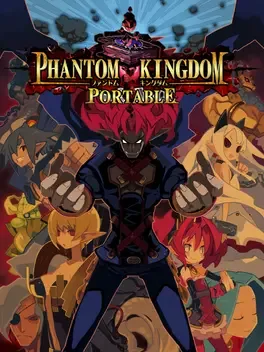
Phantom Kingdom: Portable is an enhanced port of Makai Kingdom that was released on the PSP in Japan on October 11th, 2011. The port of the game includes a new character, Petta, along with a new scenario titled "Papa is the Strongest Overlord in the Universe".



